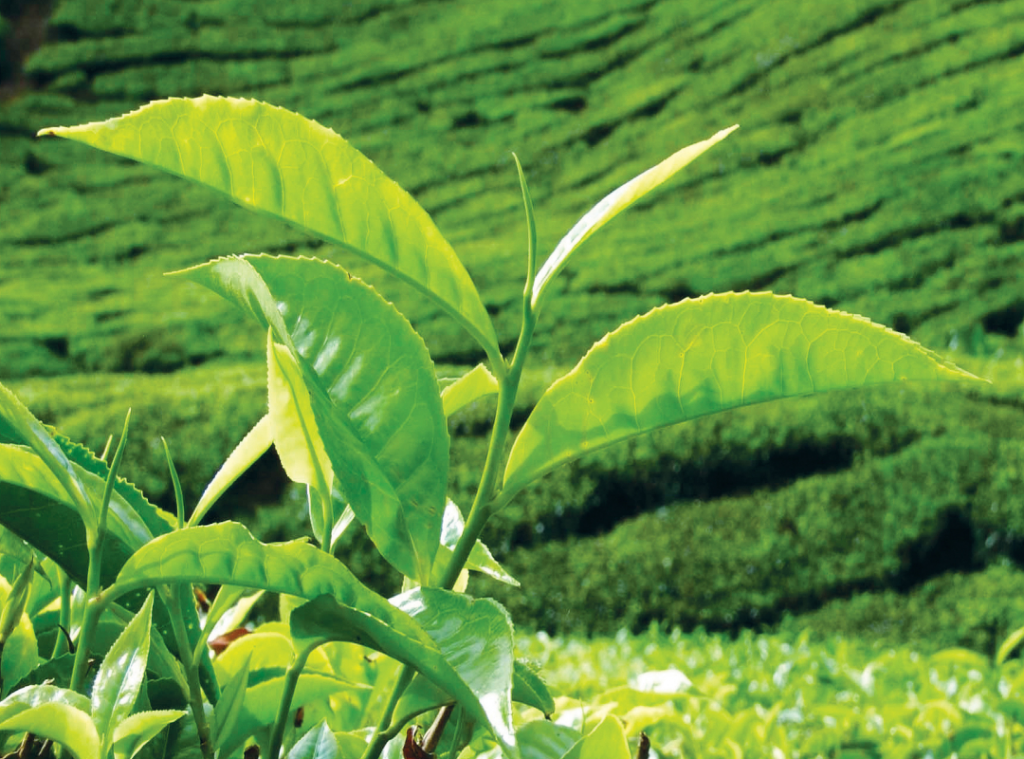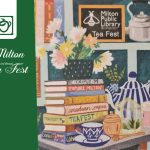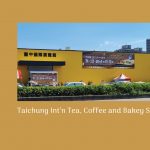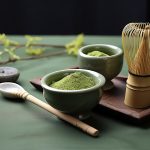Part I of our series on Sri Lanka, written by David DeCandia, director of tea at Coffee Bean and Tea Leaf and the first Ceylon Tea Ambassador to North America appointed by the Sri Lanka Tea Board, focused on the social aspect of sustainability. In Part II, he discusses environmental sustainability as it relates to Sri Lanka’s tea industry. Environmental sustainability refers to actions and/or projects done by people that can be performed or done continuously or for long periods of time with little or no adverse impact on the environment.
Sri Lankan tea growers now follow the standards of the Sustainable Agriculture Network, an international body that sets standards and recommends best practices for sustainability. Sustainable cultivation methods can include soil fertility, soil loss, nutrients, pest management, biodiversity, energy and water management. The continued push towards full sustainability has also led to areas of tea manufacture, storage, transportation and distribution of Ceylon Teas. Improving processes in these areas can lead to economic sustainability. In my personal travels to tea estates in Sri Lanka over the last 14 years I have continually seen a steady improvement in sustainable practices for the overall environment.
Sustainable agriculture is productive, competitive and efficient, while at the same time protecting and improving the natural environment and conditions of local communities. Soil fertility and its maintenance have been key to the continued success in the Sri Lankan tea industry. Soils are maintained by using grass varieties to control erosion and increase fertility. Soil erosion is one of the major reasons for decline in agricultural productivity. Tea land is particularly vulnerable to soil loss at the time of planting and of pruning.
Sri Lanka practices only hand plucking of tea leaves. Hand plucking is done for many reasons. Firstly, it ensures tea quality and reduces carbon emissions from mechanical harvesters. It’s also effective for monitoring and removing any imperfect leaves as well as any harmful insects and pests. Hand plucking also reduces the damage to tea bushes compared to machine harvesting. It is common to see tea bushes have life spans of over one hundred years and producing high quality teas.
The Sri Lanka Tea Board (SLTB) and the Sri Lanka Tea Research Institute (TRI) have strict rules and policies on the use of only approved agrochemicals. Also, natural pest control methods are highly encouraged, including planting of various floras that are natural pest repellents and shade trees. Minimal use of pesticides help to sustain the ecological balance of the tea fields.
Soil Preservation Methods
Sri Lanka has practiced soil conservation for over 150 years. I have personally seen their use of top soil preservation methods and well-structured terracing methods.
Sri Lanka tea fields are rain fed. Nevertheless, many tea estates practice various water conservation methods by the use of water retention tanks and water-holding areas. Sri Lanka, as a country, utilizes hydro-electricity to a large extent. It is common to see many tea estates utilizing small hydro-power generators to provide sustainable energy for tea factories.
Sri Lankan tea planters have long understood the importance of preserving the forests that lie above the tea, and a considerable part of the labor of running a tea estate is dedicated to this task.
Sri Lankan tea estates and small-holder cooperatives have entered into a partnership with the Rainforest Alliance, an international non-profit organization that sets standards for sustainable practices by land users of all kinds, including tea cultivators.
As a tea buyer who sources direct from Sri Lanka, I am pleased in Sri Lanka’s continued efforts to maintain a steady conscience for the preservation of earth’s precious resources.
Sri Lanka tea has become a leader in its commitment to “True Sustainability.”
David DeCandia is director of tea at Coffee Bean & Tea Leaf, Los Angeles, Calif., and the first Ceylon Tea Ambassador to North America appointed by the Sri Lanka Tea Board. As Tea Ambassador, DeCandia will host and conduct tea programs with the Specialty Tea Institute in the U.S. and Canada to educate tea drinkers on the history, sustainable practices and culture of Sri Lanka’s signature export. With CB&TL, his position entails everything from sourcing and purchasing tea directly from estates to creating the company’s tea blends. DeCandia may be reached at ddecandia@coffeebean.com.
Nguồn: Tea & Coffee – 05/2015







